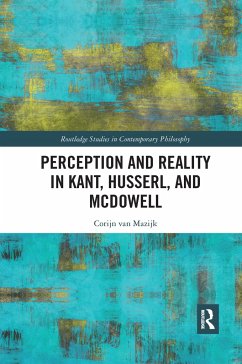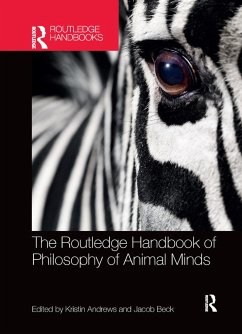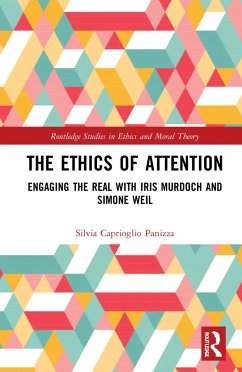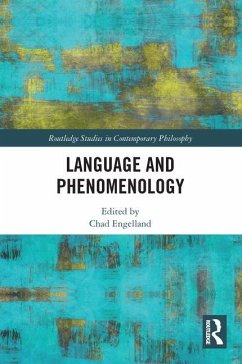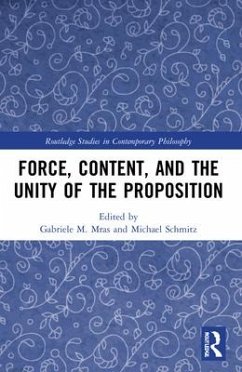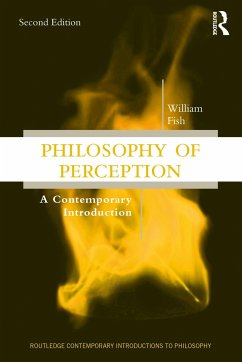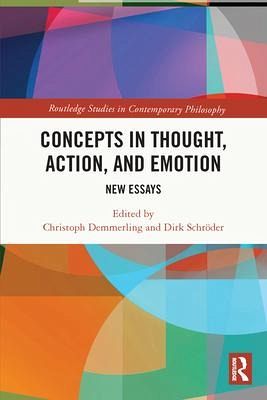
Concepts in Thought, Action, and Emotion
New Essays
Herausgegeben: Demmerling, Christoph; Schröder, Dirk
Versandkostenfrei!
Versandfertig in 6-10 Tagen
43,99 €
inkl. MwSt.
Weitere Ausgaben:

PAYBACK Punkte
22 °P sammeln!
In recent years, the idea of a concept has become increasingly central to different areas of philosophy. This collection of original essays presents philosophical perspectives on the link between concepts and language, concepts and experience, concepts and know-how, and concepts and emotion. The essays span a variety of interrelated philosophical domains ranging from epistemology, philosophy of language, philosophy of mind, philosophy of action, and the philosophy of emotions. Among the central questions addressed by the contributors are: What are concepts? What is nonconceptual content? Does ...
In recent years, the idea of a concept has become increasingly central to different areas of philosophy. This collection of original essays presents philosophical perspectives on the link between concepts and language, concepts and experience, concepts and know-how, and concepts and emotion. The essays span a variety of interrelated philosophical domains ranging from epistemology, philosophy of language, philosophy of mind, philosophy of action, and the philosophy of emotions. Among the central questions addressed by the contributors are: What are concepts? What is nonconceptual content? Does perceptual experience have conceptual content? Is conceptual thought language dependent? How do we form new concepts? Does practical knowledge have propositional content? Is practical understanding conceptual (without being propositional)? Do emotions have a representational content and if so, is the representational content conceptual? Concepts in Thought, Action, and Emotion advances current debates about concepts and will interest scholars across a broad range of philosophical disciplines.







